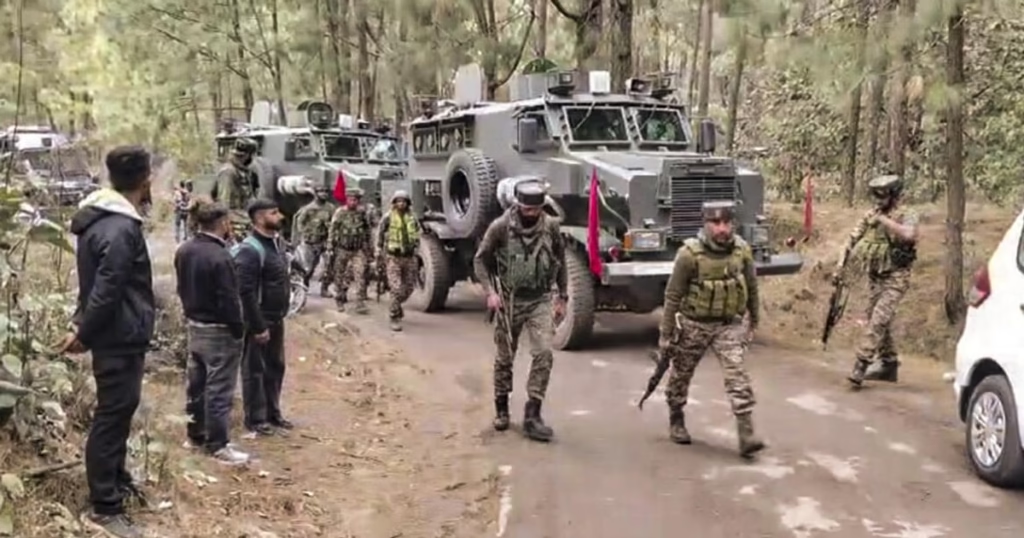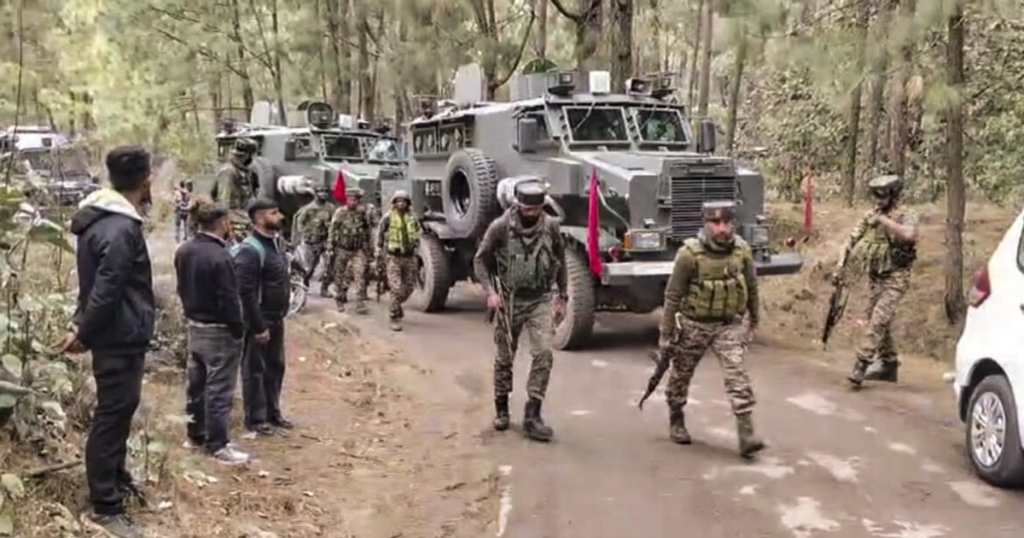
April 22, 2025 | Pahalgam, Jammu & Kashmir
In a horrific turn of events, a serene spring morning at the scenic Baisaran Valley near Pahalgam was shattered by gunfire as four heavily armed terrorists unleashed chaos, killing 26 and injuring over 38 people. The victims, mostly tourists, were enjoying the beauty of the “Mini Switzerland of India” when the brutal attack occurred.
According to official reports, the assailants opened indiscriminate fire around 11:45 AM on visitors, pony handlers, and vendors. Eyewitnesses described the scene as one of “panic, bloodshed, and devastation.” The attackers reportedly used assault rifles and grenades before disappearing into the dense forest.
Among the deceased were 20 Indian tourists, 2 foreign nationals (from the UK and Thailand), and 4 local residents including guides and pony handlers. Children were also among the wounded. Authorities believe the attackers infiltrated from Kishtwar and planned the massacre using local logistical support.
The Resistance Front (TRF), a known proxy of the banned Lashkar-e-Taiba (LeT), has claimed responsibility for the attack. In a chilling message on social media, the group called the tourists “propaganda agents,” sparking global outrage.
Prime Minister Narendra Modi condemned the attack as a “cowardly act of terror” and assured swift justice. Union Home Minister Amit Shah has flown to Srinagar to oversee operations and ensure the perpetrators are brought to justice.

U.S. Vice President J.D. Vance, on a state visit to India, offered condolences and pledged U.S. support in counter-terrorism efforts. International bodies including the UN, EU, and foreign governments have joined in condemning the attack.
A joint operation involving the Indian Army, CRPF, and J&K Police is underway, with search operations continuing in surrounding forest areas. Drones, tracking dogs, and heat sensors are being used to hunt down the culprits.
As Kashmir mourns yet another brutal assault on its hopes for peace, questions are being raised about regional security and the vulnerabilities of tourist hubs. Meanwhile, the valley remains under tight lockdown, and internet services in southern Kashmir have been suspended temporarily to prevent the spread of misinformation.
This act of terror has cast a shadow over the tourism revival in Jammu and Kashmir, highlighting the persistent threats that continue to plague the region.


